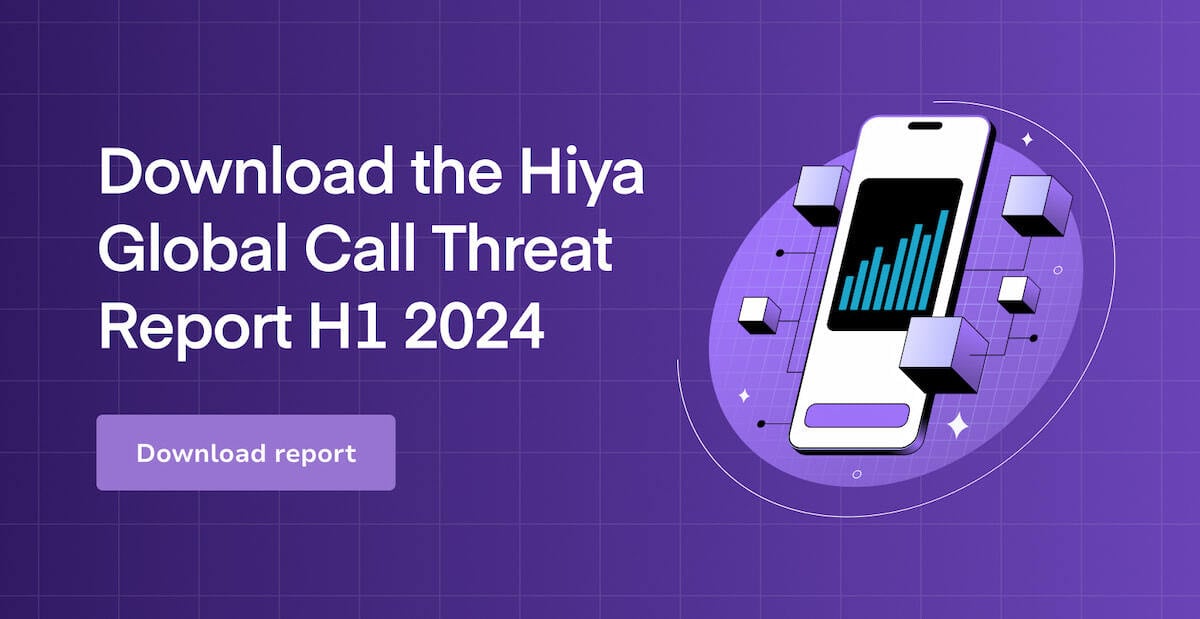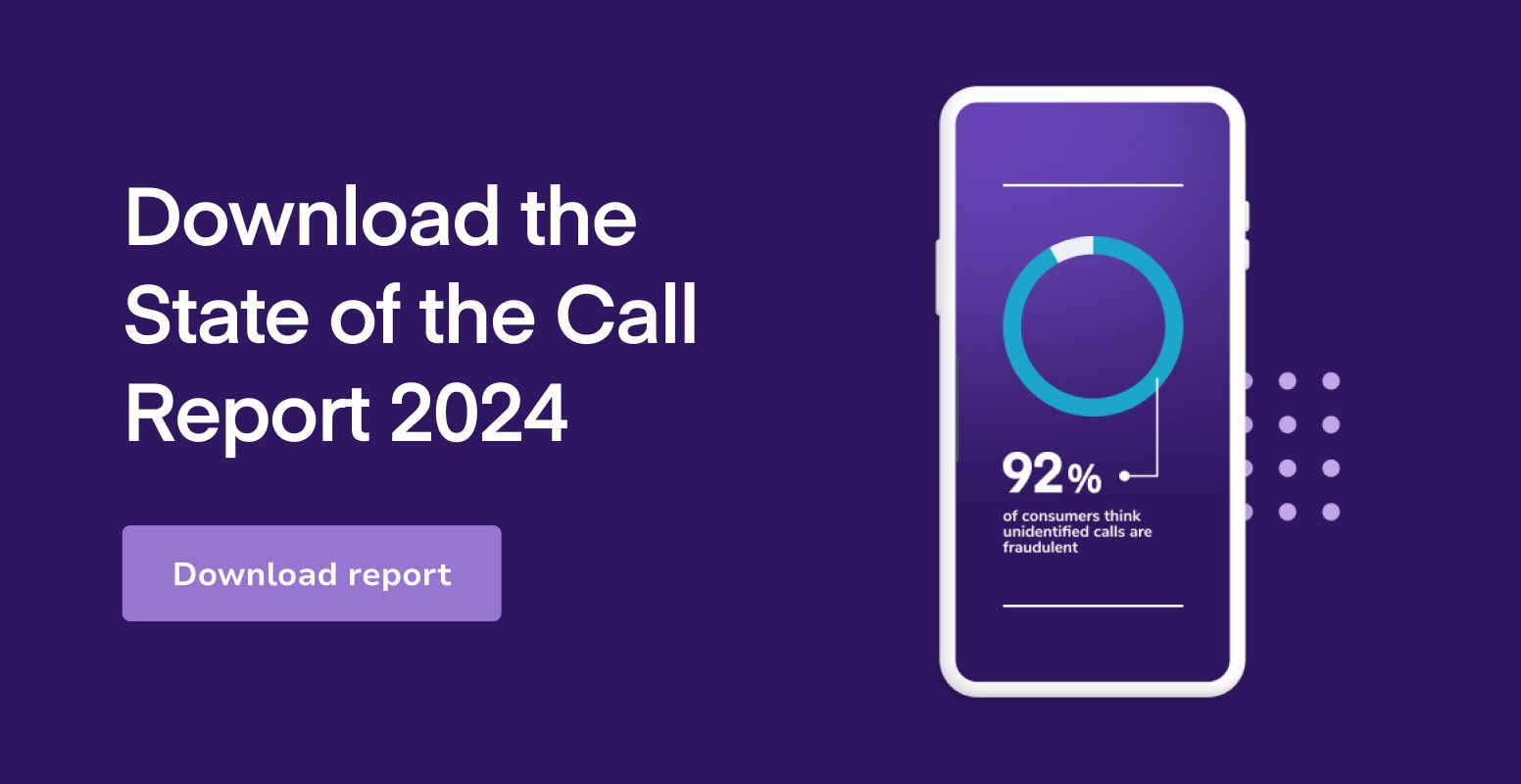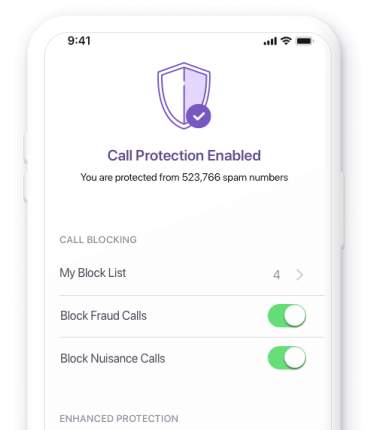
As the FCC continues to wage war against spam, fraud, and robocallers, it’s more crucial than ever for legitimate companies making outbound calls to be compliant with the Telephone Consumer Protection Act (TCPA) guidelines to maintain brand integrity, customer loyalty, and success.
What is the TCPA?
The TCPA is a U.S. law that requires callers to have consumers’ prior express written consent when making telemarketing calls (or sending texts) using a prerecorded voice or autodialer. Additionally, the TCPA prohibits calls to any number on the National Do Not Call Registry or a company’s in-house do-not-call list, unless the consumer has given prior consent or when a business relationship exists.
See our blog post: What is the TCPA?
Here we cover three common misconceptions to help contact center leaders protect their brand reputation and stay compliant while leading successful call campaigns.
Myth #1: If we purchase a lead list, that means we have been given consent to call them.
Busted: No matter where you get your lead list, you still need to cross-reference it with the National Do Not Call Registry and your company’s do-not-call list, as well as follow all other TCPA rules.
In addition, individuals can revoke their consent at any time, and businesses must provide a simple and effective way for the customer to opt out. Additionally, anyone can register for the Do Not Call Registry at any time so it’s important that your contact center software has TCPA compliance capabilities or integrations.
Myth #2: Once a customer consents, we can call them whenever we want.
Busted: The TCPA states that telemarketing can only occur between 8:00 a.m. and 9:00 p.m. in the recipient’s local time zone. State and local telemarketing laws could impose additional restrictions. Additionally, we recommend limiting contact to about 90-days from opt-in.
Myth #3: I’m not making calls to individuals I’ve obtained from a lead list so I can’t be accused of a TCPA violation.
Busted: TCPA rules and regulations apply to protect call recipients regardless of where you’ve obtained your contact information. These change constantly so if you run a contact center, are responsible for telephony/IT systems, or are leading a business that makes a large volume of calls, it’s important to stay aware and up-to-date on state and federal regulations.
Learn more
It’s important that all agents in a contact center are familiar with and abide by clean dialing habits and that your dialer has features or integrations that help you stay compliant.
In addition to complying with rules and regulations to avoid TCPA violations and protect your reputation, there are other things your contact center can do to maintain clean dialing habits and prevent your calls from being labeled as spam. We’ve put together a list of 10 things you can do to keep your outbound numbers healthy.
Download Hiya’s Call Reputation Monitoring Checklist




